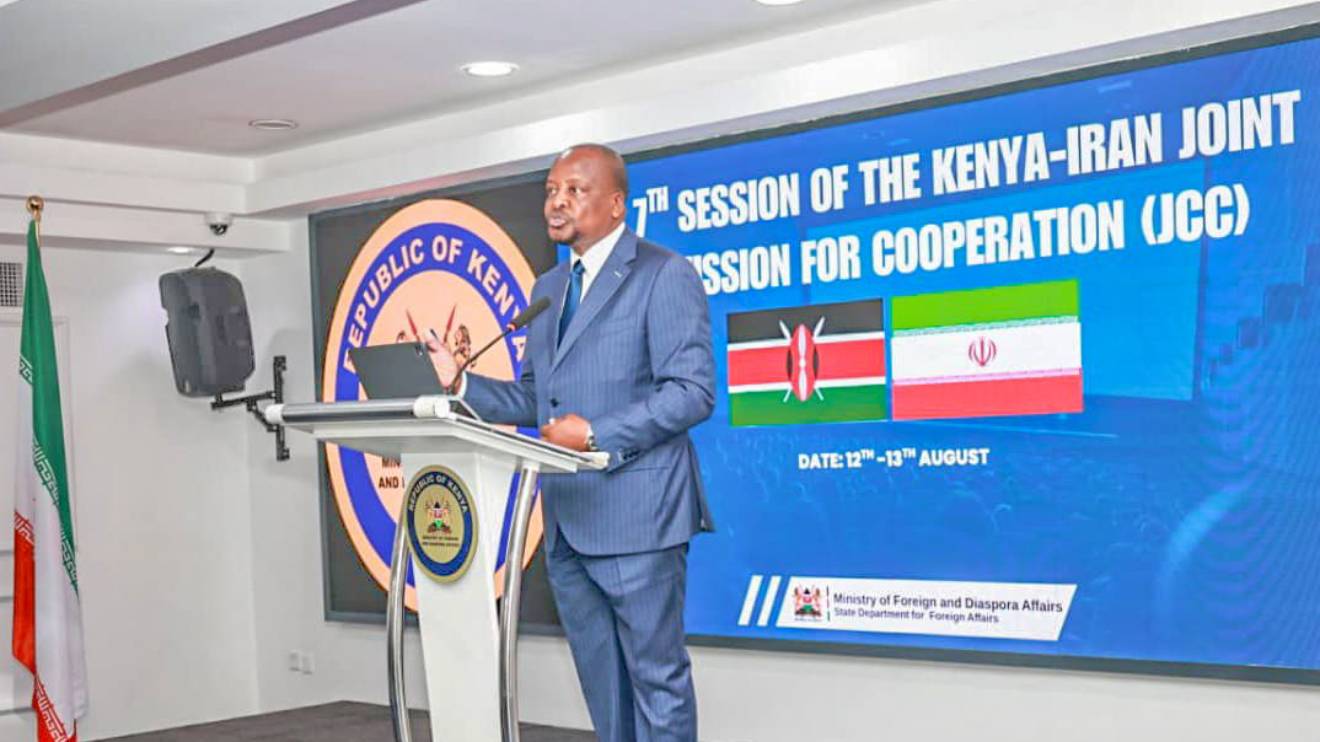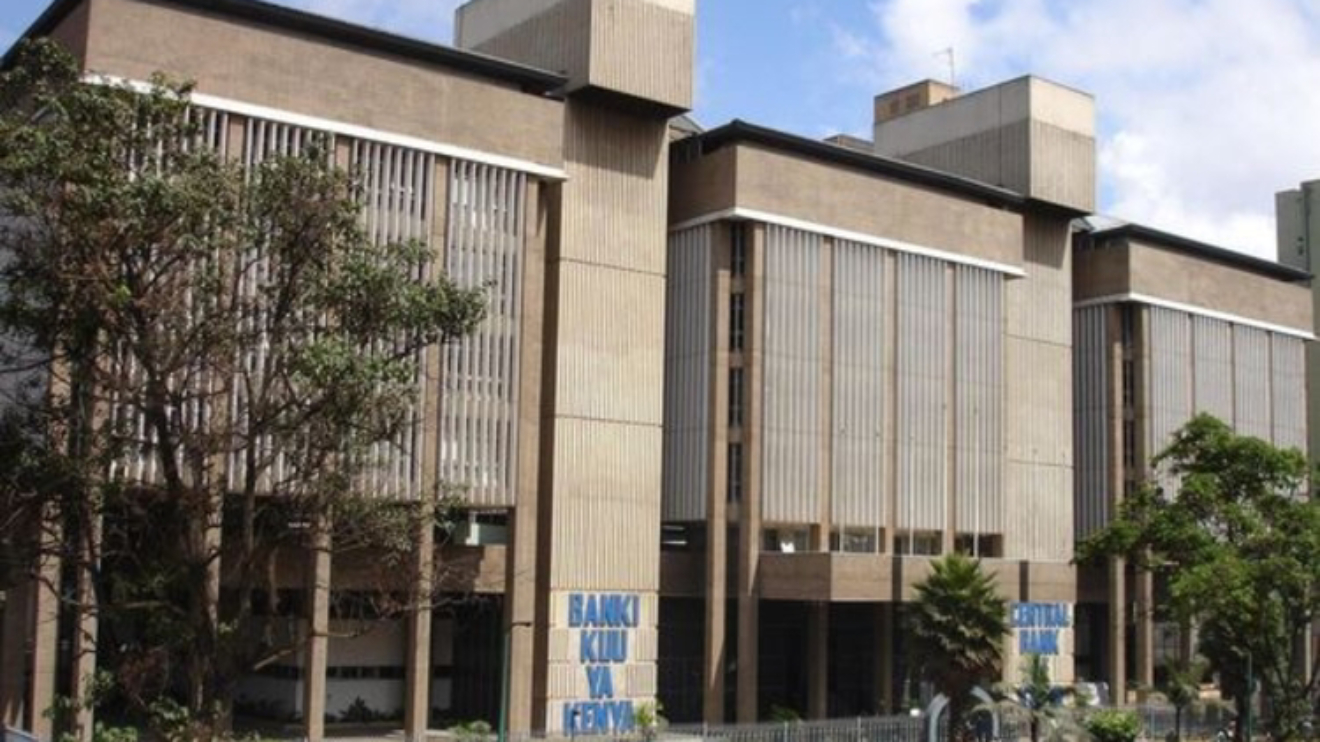The neighbouring country of Tanzania recently made a significant announcement that has garnered the attention of citizens and neighbouring countries alike.
Effective November 1, 2023, fuel prices in Tanzania will undergo a substantial reduction, impacting both the pockets of the Tanzanian population and the dynamics of cross-border fuel trade with Kenya and Uganda.
The Energy and Water Utilities Regulatory Authority (EWURA) unveiled price caps for petroleum products in key regions of Tanzania, ensuring fair and regulated pricing.
These developments are a direct response to global factors affecting oil prices, and they come as a relief to Tanzanian consumers who have been feeling the pinch of rising fuel costs.
Tanzanians will witness a notable change in the cost of petroleum products starting from November 1, 2023.
Read More
The updated prices per litre are as follows:
Petrol: Tsh 3,274 (Sh 198.42) to Tsh 3,347 (Sh 202.84).
Diesel: Tsh 3,374 (Sh 204.48) to Tsh 3,546 (Sh 214.90).
Kerosene: Tsh 3,423 (Sh 207.45) to Tsh 3,495 (Sh 211.81).
The reductions in fuel prices are primarily attributed to global factors that have influenced the cost of oil.
"Changes in prices of petroleum products in November 2023 are mainly due to the decrease in the world oil price by an average of 5.68 per cent, and a decrease in premiums for the importation of petroleum products by an average of 13 per cent for PMS and 25 per cent for AGO, reduction of production of petroleum products by OPEC+ and economic sanctions on Russia," EWURA explained.
This strategic move by the Tanzanian government ensures that the benefits of decreased global oil prices are passed on to the consumers.
However, it also serves as a warning to retailers who might attempt to sell petroleum products at prices exceeding the stipulated caps, as they will face legal consequences.
Additionally, retailers are required to provide electronic fiscal pump printers (receipts) for all sales, enhancing transparency in the fuel market.
Meanwhile, Kenyan motorists residing in border areas, such as Namanga and other locations along the Kenya-Tanzania border, have increasingly turned to Tanzanian towns for fuel purchases.
This shift in behaviour can be attributed to the recent implementation of higher taxes on fuel by the Kenyan government, leading to historically high fuel prices in Kenya.
In contrast to Tanzania's decision to lower fuel prices, Kenya is facing the prospect of another significant increase in fuel costs.
Chirchir attributed this impending price hike to external factors, stating, "We cannot do anything about the global pricing of petroleum which has soared from $70 per barrel to $80 and then to $90. That would mean our products going to the highs of Sh 300 per litre."
However, this perspective was not unanimously supported, as the Central Bank of Kenya (CBK) offered a different analysis.
According to CBK, "International oil prices declined during the week ending November 2, due to the dissipating impact of the war between Israel and Palestine. Murban oil price declined to $87.24 per barrel on November 2 from $90.23 per barrel on October 26."
Furthermore, CBK reported a fall in inflation in advanced economies, countering Chirchir's position that global inflation was driving petroleum prices higher.

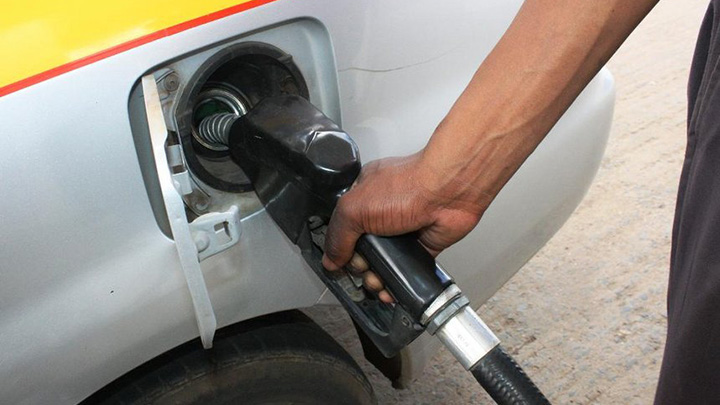
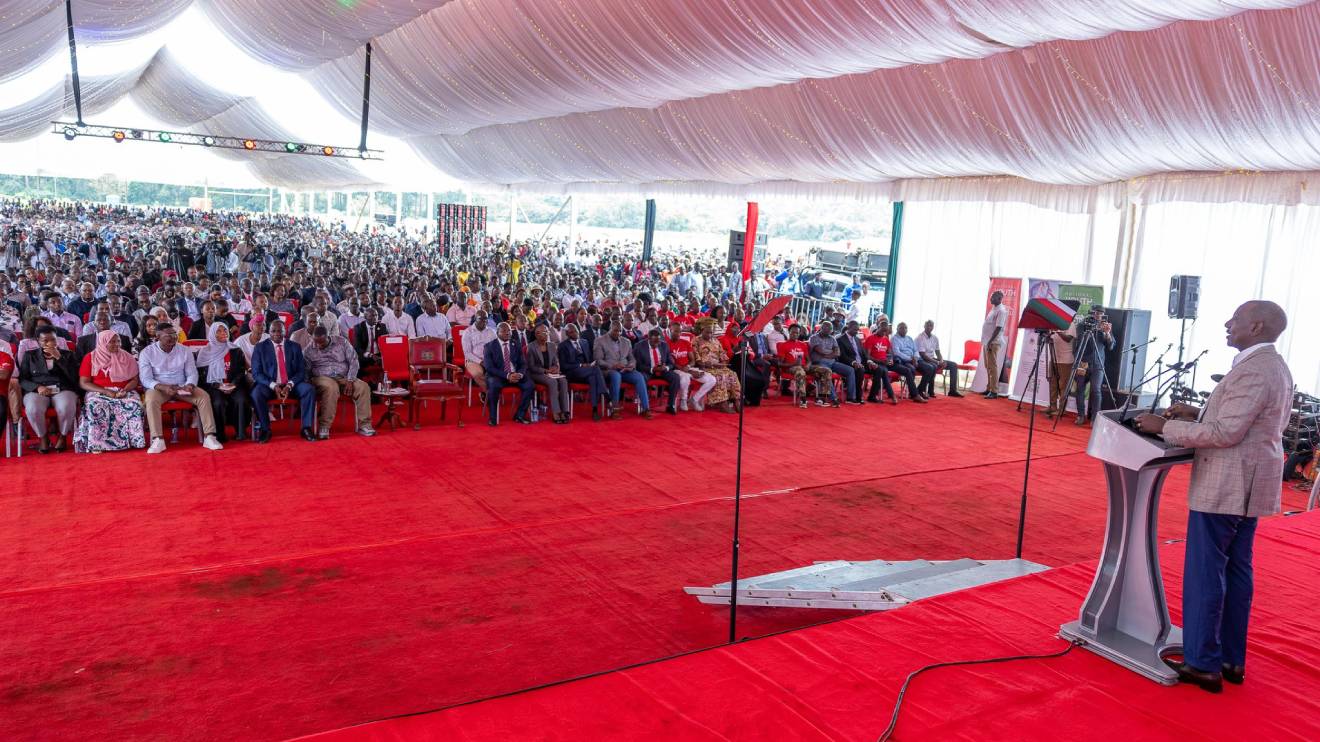



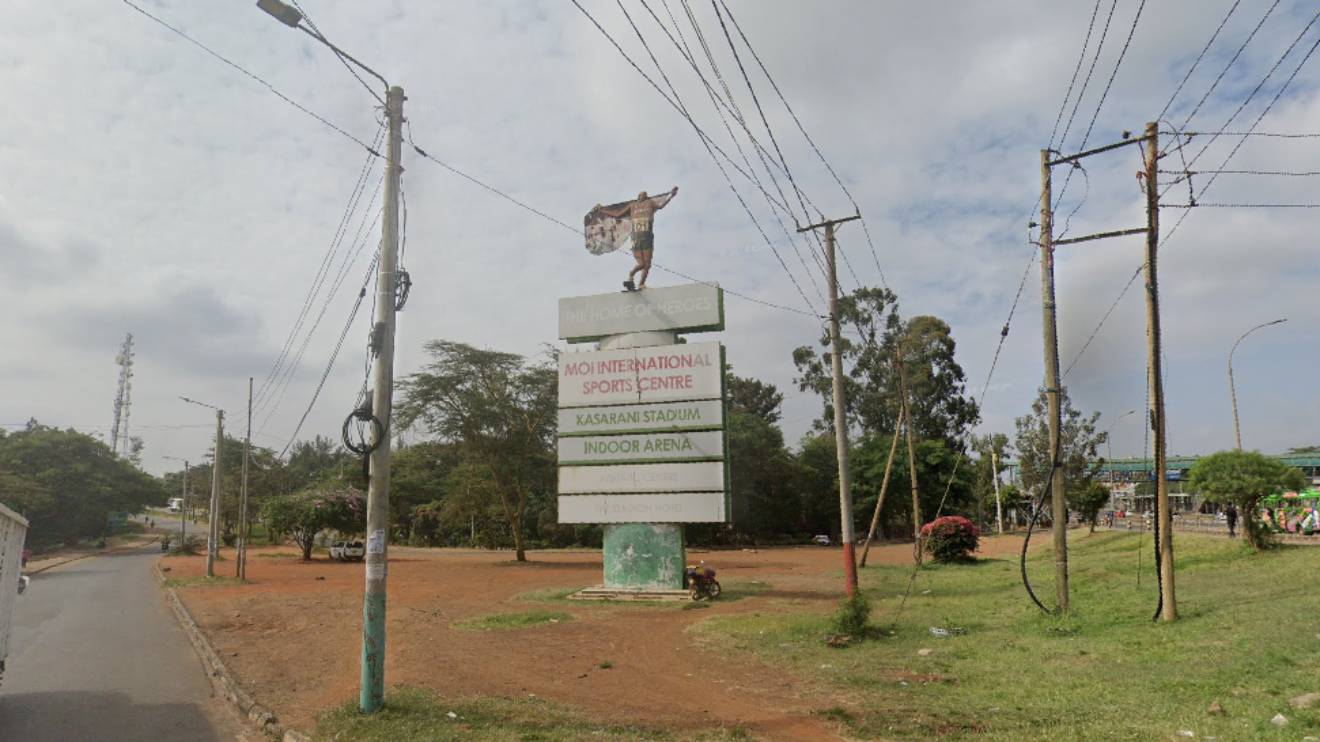
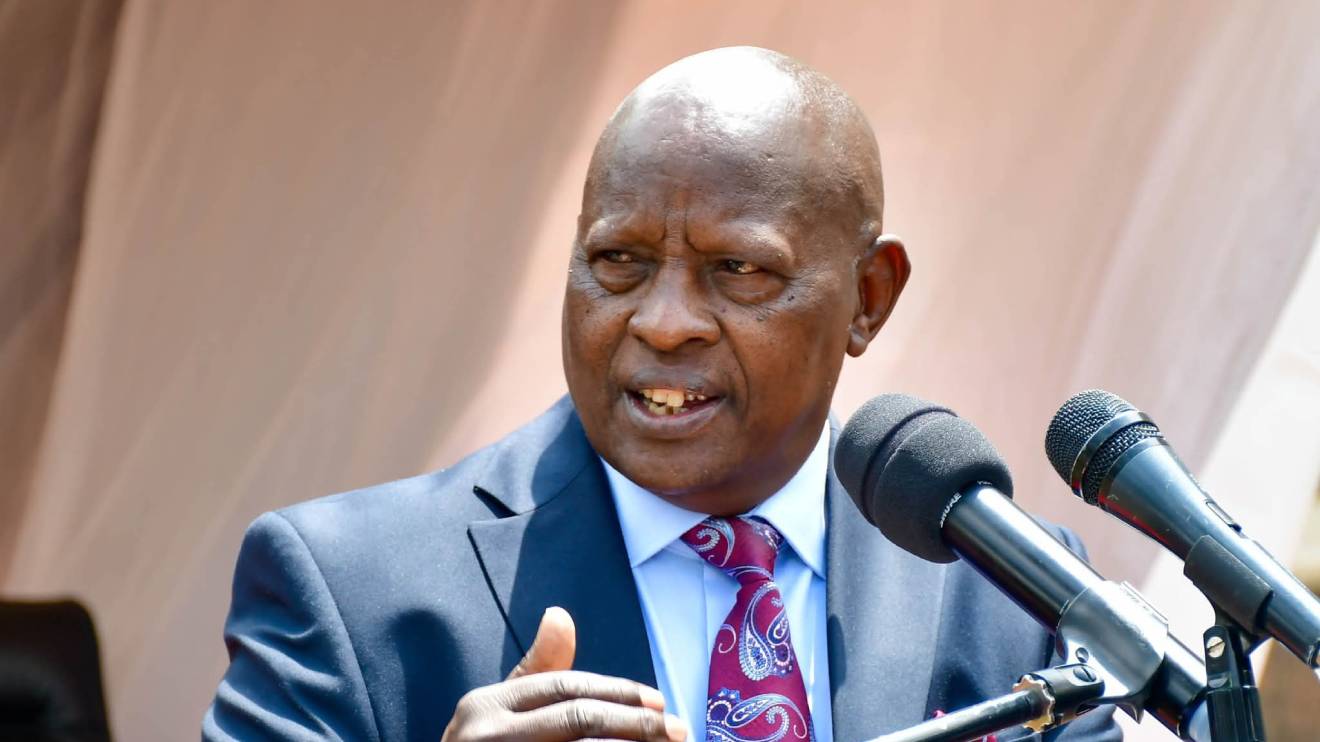
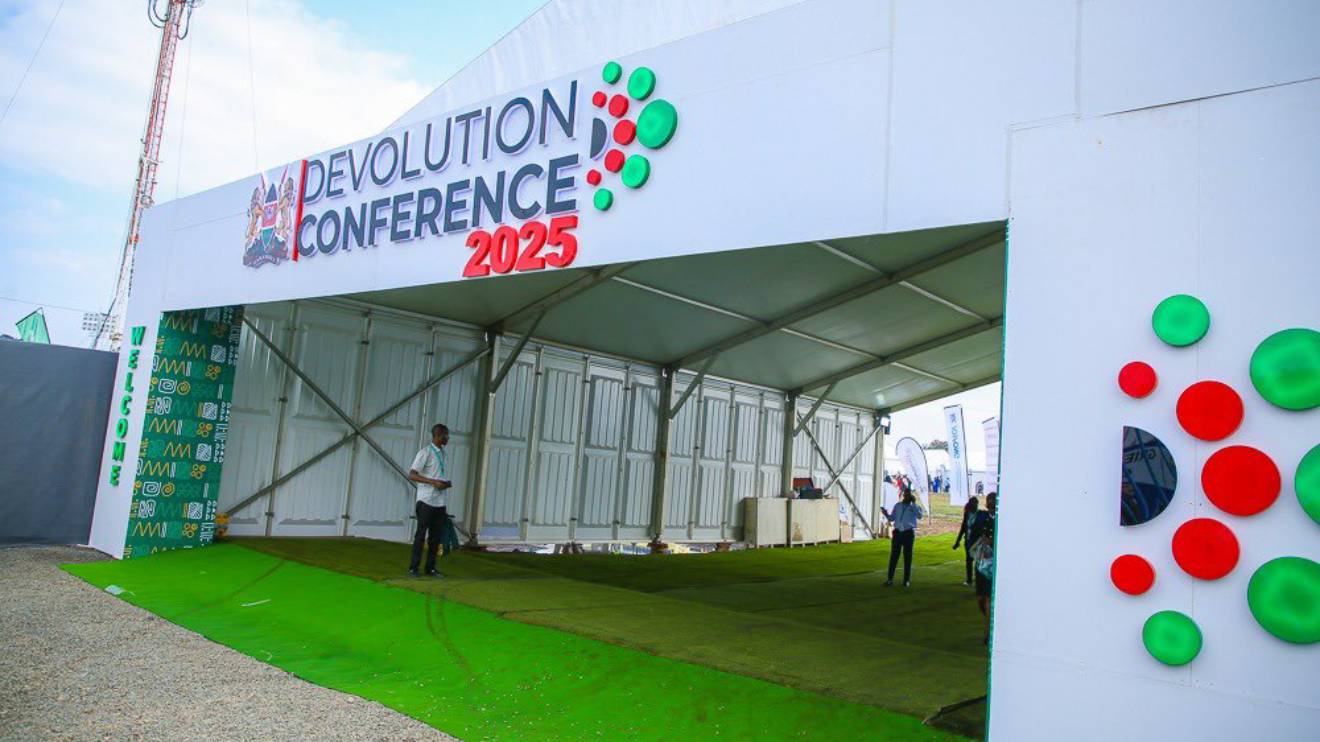
-1755081359.jpeg)
